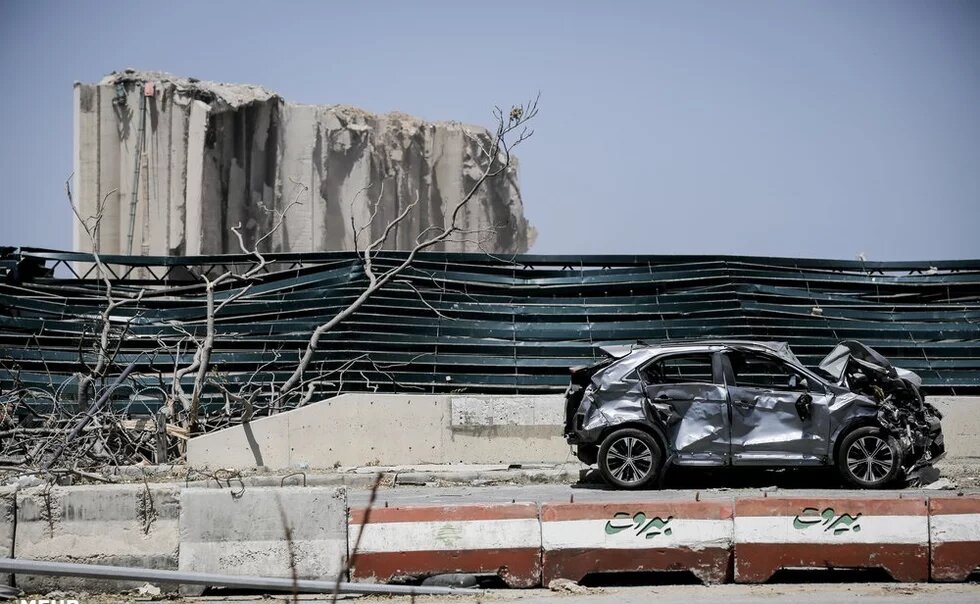The biggest uprising in the country’s history, one of the largest non-nuclear explosions in the twenty-first century, a global pandemic, and now one of the worst socio-economic crises in the world… In the last two years, Lebanon has been transformed beyond recognition, has unraveled beyond limits.

The biggest uprising in the country’s history, one of the largest non-nuclear explosions in the twenty-first century, a global pandemic, and now one of the worst socio-economic crises in the world… In the last two years, Lebanon has been transformed beyond recognition, has unraveled beyond limits.
Lebanon has descended into the abyss and this is not a figure of speech.
When medical doctors have to ask patients to secure their own anesthetic for their surgeries, when electricity is provided for under two hours a day, when people have to leave their cars overnight to be able to secure some petrol to go to their work, when shortages have affected almost all basic necessities, when families are facing hunger… the abyss is not a figure of speech. It is the painful lived reality of a country in complete disintegration.
This reality, this abyss, is not the result of a natural disaster, or the consequences of some external calamities. It is caused by the rapacious neoliberal policies and endemic corruption of a ruling elite that oversaw the bankruptcy of a country and the evisceration of any and all social safety nets. A Ponzi scheme, based on the collusion of a banking sector and warlords-turned-politicians and protected by violent militias, has imploded, leaving in its wake unimaginable social miseries. The cost of living has increased beyond imagination, savings and wages have been depleted and shortages in basic goods and necessities have become the norm as a result.
Calling it a crisis is misleading; this was one of the biggest upward transfers in wealth that the country has witnessed in its history. And it is still going on.
A year ago, the unthinkable happened, an additional unthinkable in this short span of time.
On August 4, 2020 around 2500 tons of Nitrate Ammonium exploded in the Beirut port, destroying large neighborhoods of the capital city, killing hundreds of innocents, wounding thousands and displacing even more. The shock of the explosion gave way to disbelief, to a violent, deadly and visceral coming to terms with how murderous this regime had become, and how cheap our lives are under it.
A year since the blast, there is still no official explanation to this crime, nor has anyone been indicted. Even worse, the first investigative judge in charge of the dossier was removed from his post when he summoned for questioning Lebanon’s caretaker prime minister and three former ministers on suspicion of negligence. The new investigative judge issued an even wider list of top political and security officials to be summoned for questioning. But it is clear that the ruling elites will not collaborate with him either. The Association of the Families of the Port Victims is standing alone today to face this murderous regime with their call for justice. And behind it stands a population for whom that crime has become emblematic of its fate.
Lebanon is descending into the abyss, left to fend for itself. The international community, after having propped this regime for decades, has failed to convince the main players to enact any reform plans. It has now retreated to a policy of managing the ‘spillovers’ of the crisis, through a combination of timid humanitarian aid and security measures. Such policies will backfire as they always do, and will lock Lebanon in an endless cycle of poverty and violence.
The situation looks bleak, but we do not have the luxury of being pessimistic. Right now, we have no choice but self-defense against a regime that will destroy any possibility of life in this country.